FUZHOU, China, Nov. 23, 2023 /PRNewswire/ — The China proposed Belt and Road Initiative (BRI) has brought the vision of “heart connectivity” to reality, and it is a path to common […]
FUZHOU, China, Nov. 23, 2023 /PRNewswire/ — The China proposed Belt and Road Initiative (BRI) has brought the vision of “heart connectivity” to reality, and it is a path to common development, multiple ambassadors and officials from BRI partner countries said on Wednesday during a roundtable held in Fuzhou, East China’s Fujian Province.
GCCAC 2023 THE BELT AND ROAD GLOBAL CHAMBERS OF COMMERCE AND ASSOCIATIONS CONFERENCE
“The BRI has brought changes in the mind of the world,” said Bishnu Pukar Shrestha, Ambassador of Nepal to China, noting that the initiative focuses on connectivity, not only in transportation, but also in minds and hearts.
“This vision and concept have now become possible to access,” Shrestha continued. Nepal has benefited a lot from the BRI, and there are different projects that have been completed in Nepal, including railways and roads, which have energized bilateral cooperation and allowed the country to continue to develop, he said.
Shrestha made the remarks during a roundtable on the Belt and Road Global Chambers of Commerce and Association Conference, which is the world’s first international cooperation and exchange platform with chambers of commerce, industry associations and other social organizations as the main participants. The conference, which is held annually, aims to harness the resources of chambers of commerce as the BRI cooperation advances, and to explore new international cooperation opportunities.
“The BRI gives an opportunity to the world that is connected now, and the potential for the initiative is unlimited,” Awale Ali Kullane, Somali Ambassador to China, said during the roundtable, noting that the COVID-19 pandemic has delayed the process, but it has also shown the importance of such a global initiative.
Kadirkamu Kandasamy Yoganaadan, chargé d’affaires of Sri Lanka’s Embassy in China, enumerated a number of infrastructure construction projects under the BRI including ports, airports and expressways. Taking the Colombo Port project as an example, Yoganaadan said that it is being built with the modern sustainable design and smart city concept, providing investment opportunities in the IT industry, financial services and shipping logistics.
“The BRI has generated many direct and indirect job opportunities in Sri Lanka, and we are expecting more direct investment flows. Sri Lanka is among the countries ready to join the second phase of the BRI,” Yoganaadan noted.
Minister of Economic Affairs of the Embassy of Malaysia in China Unny Sankar Ravi Sankar said that China has been Malaysia’s largest trade partner for 14 consecutive years and the biggest source of foreign direct investment as well. The two countries have established two industrial parks under the BRI, and more projects are expected next year, he said.
Minister of Economic Affairs of the Embassy of Pakistan in Beijing, China Aslam Chaudhary said that Pakistan is among the first countries that joined the BRI.
“During the last 10 years, we added 2,500 kilometers of motorways to the existing network of rural transportation and added 10,000 megawatts of generation capacity to the national grid. We also added 4,000 electricity transmission lines to the existing network,” Chaudhary noted.
Chaudhary added that the major focus of the BRI during its first 10 years has been cooperation between countries to build infrastructure, promote economic development and investment. In the second phase, business-to-business collaboration will become increasingly important.
Ahmed Chouaib, chargé d’affaires of the Mission of the League of Arab States in Beijing, said that Arab countries participating in the BRI are demonstrating a high degree of engagement with China. This initiative represents the power of international cooperation, a power of interconnectivity that crosses national and ethnic boundaries.
Chouaib noted that strengthening people-to-people communication between China and Arab countries has also become an integral part of the BRI, and cultural, tourism and artistic cooperation have all emerged.
The BRI is a symbol of unity between China and Arab countries. As well as building roads and bridges, it can also create more interconnected, prosperous and harmonious cooperation, said Chouaib.
Under the guidance of People’s Daily and All-China Federation of Industry and Commerce, the GCCAC 2023 & Presidents Conference is hosted by Fuzhou Municipal People’s Government, Global Times, Fujian Federation of Commerce & Industry, Administrative Committee of Fuzhou New Area, and Administration of Fuzhou Area of China (Fujian) Pilot Free Trade Zone, as well as organized by Global Times Online, the Information Office of Fuzhou Municipal People’s Government, and Fuzhou Federation of Industry and Commerce.
















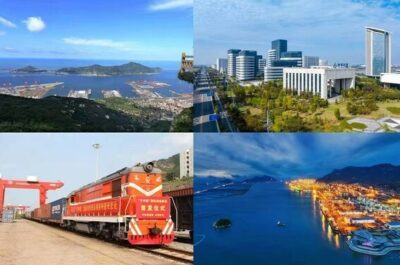

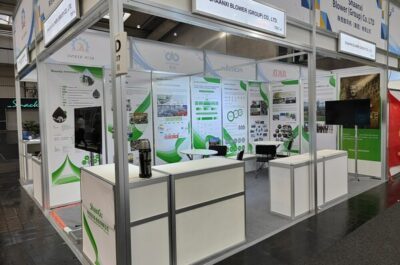







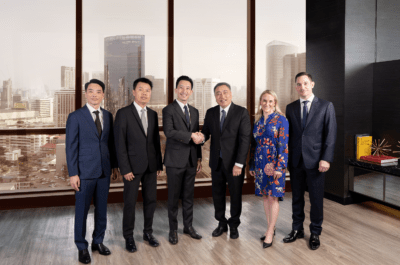
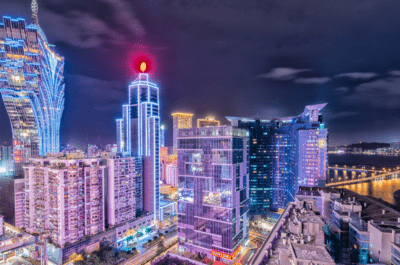
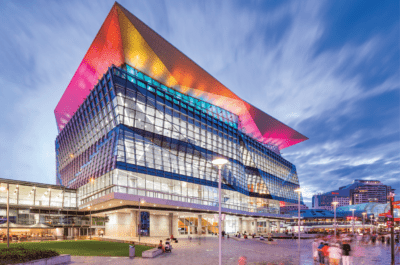

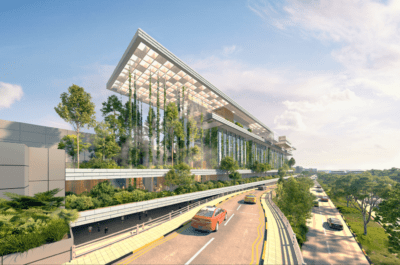

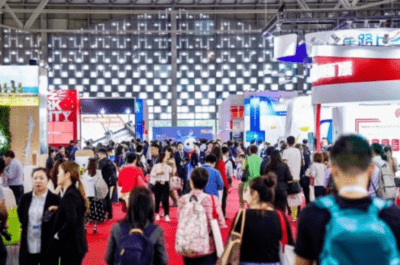


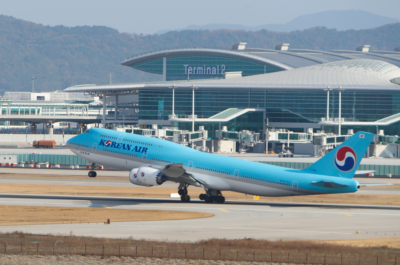















![[PR] PR_Ascott and Vimut Hospital_2024](https://www.traveldailynews.asia/wp-content/uploads/2024/04/PR-PR_Ascott-and-Vimut-Hospital_2024-400x265.jpg)


















